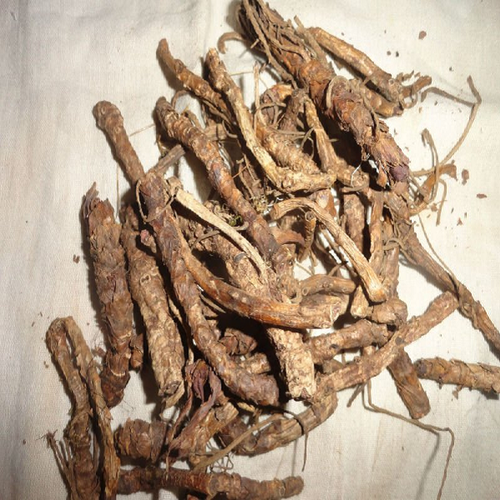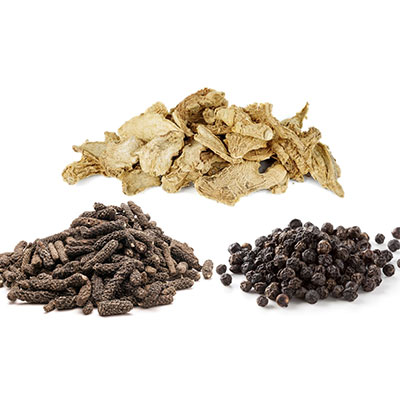Liver failure occurs when the liver loses its ability to perform essential functions, such as detoxifying the blood, producing bile for digestion, storing nutrients, and regulating hormones. It can be a life-threatening condition that requires immediate medical attention. Liver failure is classified into two main types:
- Acute Liver Failure: Rapid loss of liver function, often within days or weeks.
- Chronic Liver Failure: Gradual damage over months or years, typically progressing to cirrhosis before complete failure.
Causes of Liver Failure
1. Acute Liver Failure causes:
- Drug Overdose: Acetaminophen (paracetamol) toxicity is a common cause.
- Infections: Hepatitis A, B, and E, or other viral infections.
- Toxins: Poisoning from certain mushrooms or industrial chemicals.
- Autoimmune Conditions: Autoimmune hepatitis.
2. Chronic Liver Failure:
- Alcohol Abuse: Long-term excessive alcohol consumption.
- Chronic Viral Hepatitis: Hepatitis B and C infections.
- Non-Alcoholic Fatty Liver Disease (NAFLD): Often associated with obesity and diabetes.
- Genetic Disorders: Wilson’s disease, hemochromatosis.
- Biliary Diseases: Obstruction or damage to bile ducts.
- Long-term Medications: Prolonged use of drugs like methotrexate or isoniazid.
Symptoms of Liver Failure
Early Symptoms:
- Fatigue and weakness
- Loss of appetite.
- Nausea and vomiting.
- Abdominal discomfort or pain, especially in the upper right side.
Advanced Symptoms:
- Jaundice: Yellowing of the skin and eyes due to bilirubin build-up.
- Swelling (Oedema): In the legs, feet, and abdomen (ascites).
- Mental Confusion: Due to toxin buildup in the brain (hepatic encephalopathy).
- Bruising and Bleeding: Reduced production of clotting factors.
- Dark Urine and Pale Stools: Indicating impaired bile production.
- Severe Weakness: Associated with systemic effects of liver failure.
Complications of Liver Failure
- Hepatic Encephalopathy: Mental dysfunction from toxins accumulating in the brain.
- Portal Hypertension: Increased pressure in the portal vein leading to varices and bleeding.
- Infections: Increased susceptibility due to weakened immunity.
- Kidney Failure: Often occurs in advanced stages (hepatorenal syndrome).
- Liver Cancer: Higher risk of hepatocellular carcinoma.
Ayurvedic Perspective on Liver Failure
In Ayurveda, liver failure is understood as a progressive condition of Yakrit Vikara (liver disorders). It is primarily associated with an imbalance of Pitta Dosha, which governs heat and metabolism in the body. Over time, disturbances in Rakta Dhatu (blood tissue), Meda Dhatu (fat tissue), and Srotas (channels) lead to liver dysfunction.
Internal Medications (Shamana):
Herbs for Liver Detoxification and Support:
Kutki (Picrorhiza kurroa):
A powerful liver tonic that reduces inflammation.
Kalmegh (Andrographis paniculata):
Supports liver regeneration and purifies blood.
Bhumyamalaki (Phyllanthus niruri):
Protects against hepatitis and detoxifies the liver.
Guduchi (Tinospora cordifolia):
Strengthens immunity and balances Pitta.
Punarnava (Boerhavia diffusa):
Reduces swelling (ascites) and supports kidney and liver health.
Herbs for Rejuvenation:
Ashwagandha (Withania somnifera):
Promotes tissue repair and boosts energy.
Amalaki (Emblica officinalis):
A potent antioxidant that rejuvenates the liver.
Digestive Aids:
Triphala :
Regulates digestion and prevents Ama formation.
Trikatu (Ginger, Black Pepper, Long Pepper):
Enhances metabolism.
Dietary Recommendations:
- Eat a Pitta-pacifying diet, including bitter vegetables like bitter gourd and greens.
- Consume light, easily digestible meals.
- Avoid spicy, oily, and processed foods.
- Stay hydrated and include herbal teas like Coriander or Fennel Tea.
Lifestyle Changes:
- Avoid alcohol and smoking.
- Manage stress through Yoga and Pranayama (breathing exercises).
- Avoid exposure to toxins and maintain a regular detox routine.
While Ayurveda can provide supportive care for chronic liver failure and help slow its progression, acute liver failure often requires immediate medical intervention such as hospitalization or even liver transplantation. Ayurvedic treatments can complement allopathic care to enhance liver health and overall well-being.
Prognosis and Prevention
Liver failure is a serious condition. Early diagnosis and an integrative approach combining Ayurvedic care and modern medicine can help manage symptoms and improve quality of life.
To prevent Liver failure:
- Avoid excessive alcohol and hepatotoxic medications.
- Maintain a healthy diet and regular detoxification.
- Address risk factors like obesity, diabetes, and infections promptly.












